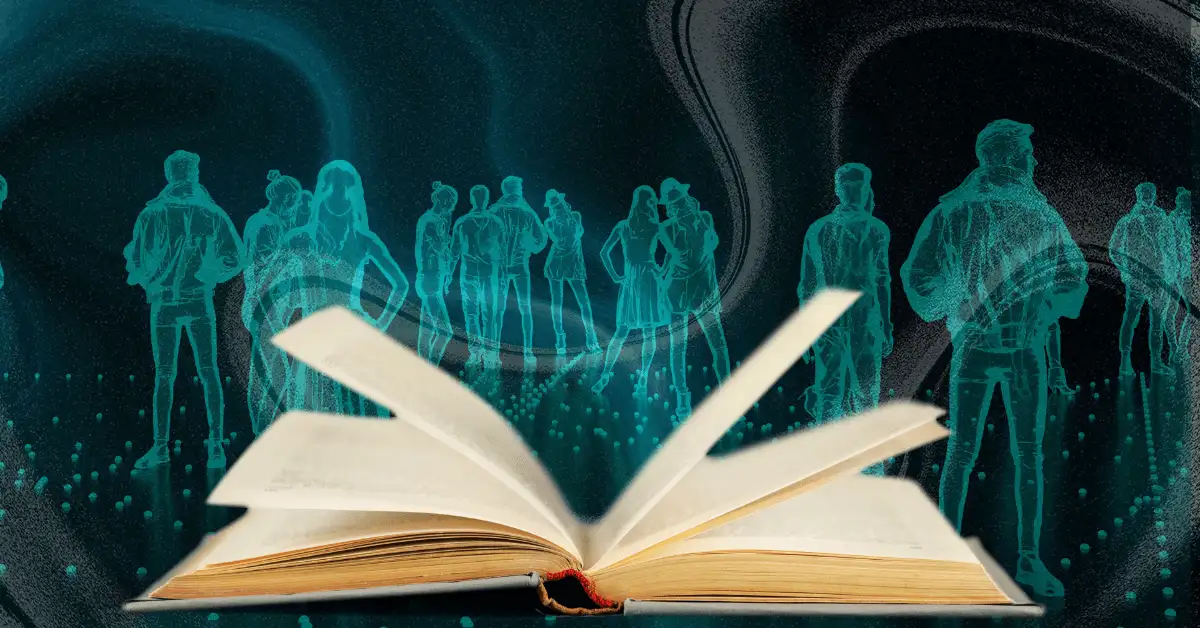
Last semester, colleges got an A+ in student surveillance
Colleges and universities across the country use sophisticated surveillance systems to track their students’ locations.
Published:
Updated:
Related Articles
-

-

Magic mushroom school is in session
-
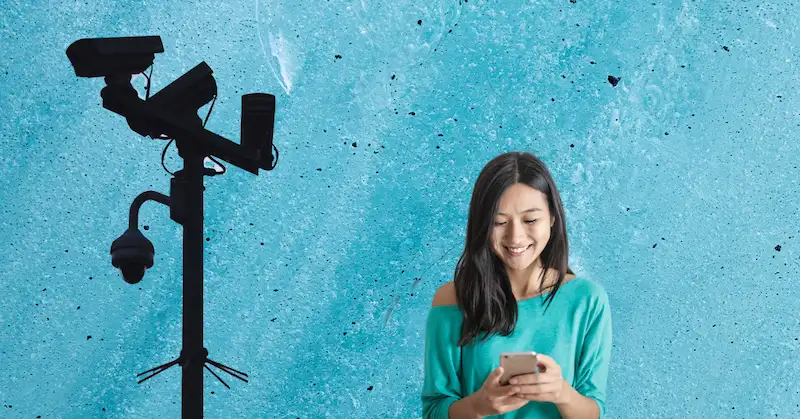
The government can read your push notifications
-

Suck it, tie-dye — content creation is camp’s new darling
-

Student loan repayments are back and more confusing than ever
-
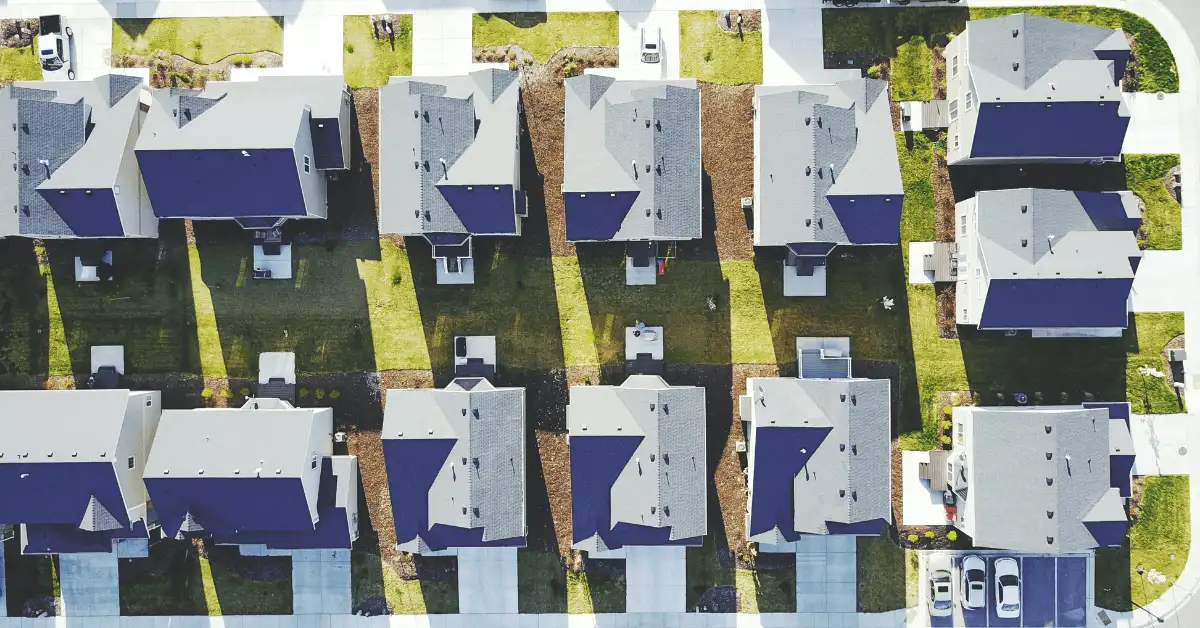
Looking for an edge in attracting talent? Give ’em a reasonable place to live
-

Academia drama involves lying about… lying
-
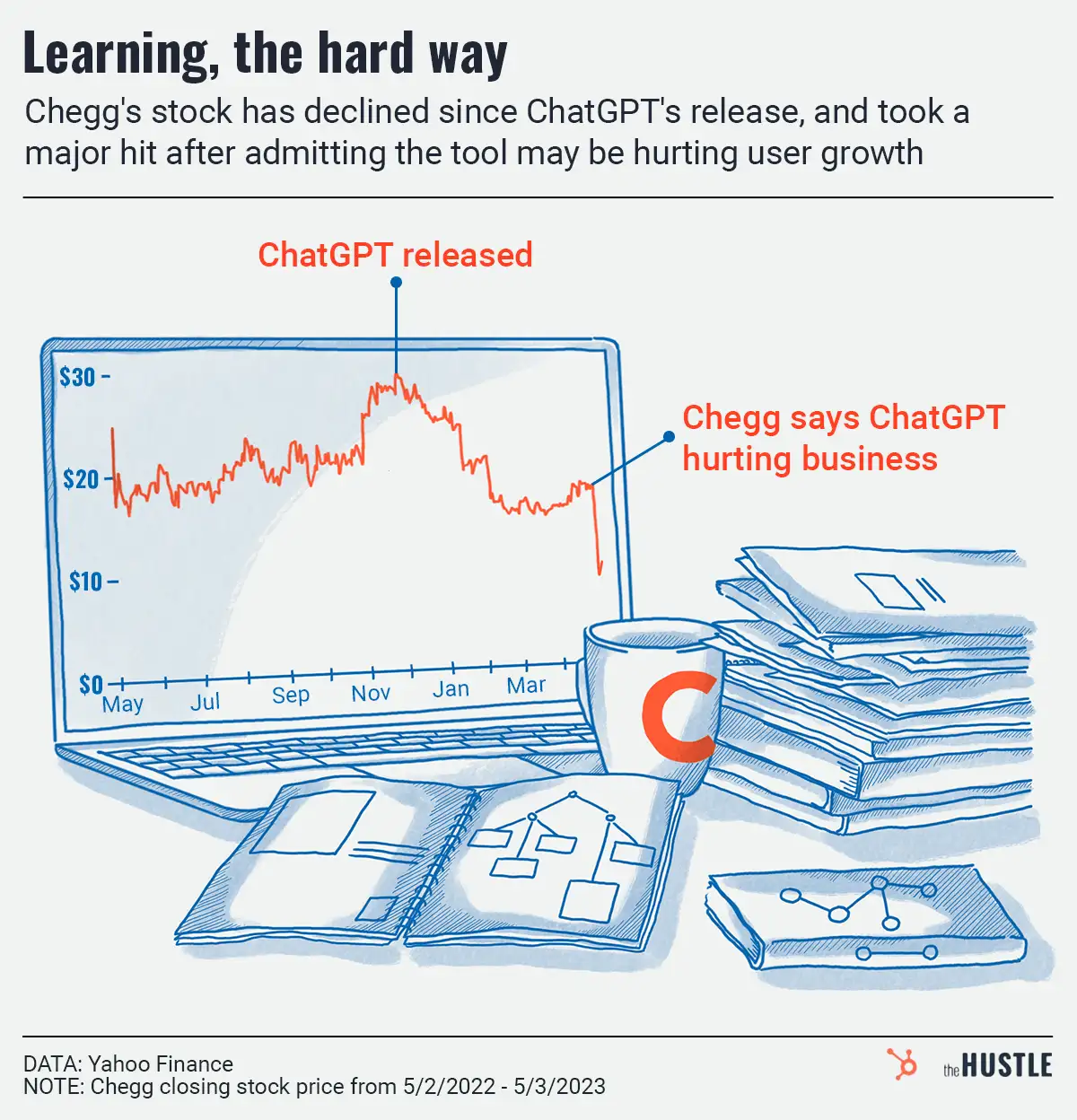
Investors worry Chegg could be schooled by ChatGPT’s A+ homework help
-
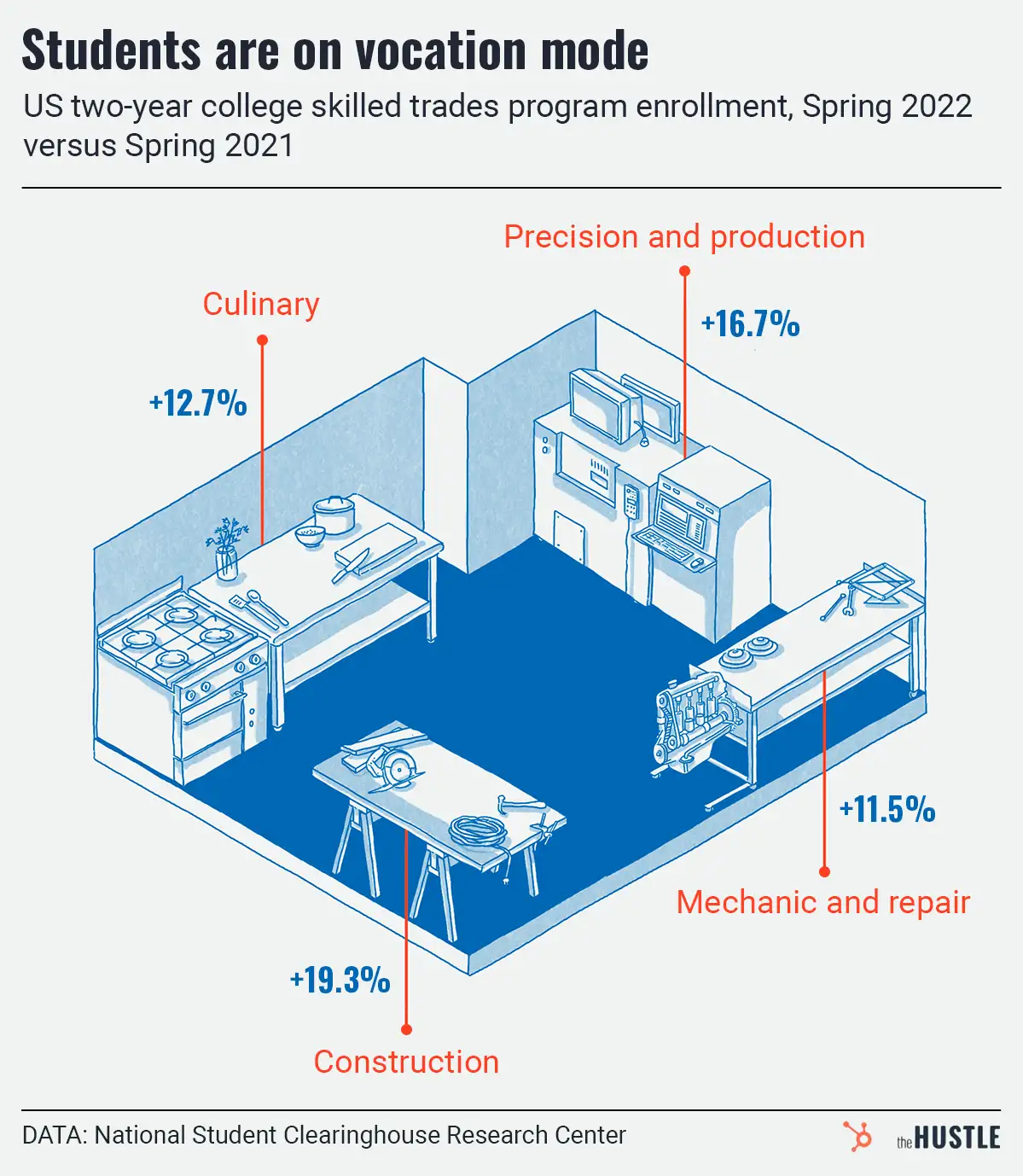
Degrees of separation: As college enrollment drops, trade school sign-ups rise
-

It’s a pretty great time to get a PhD in AI

